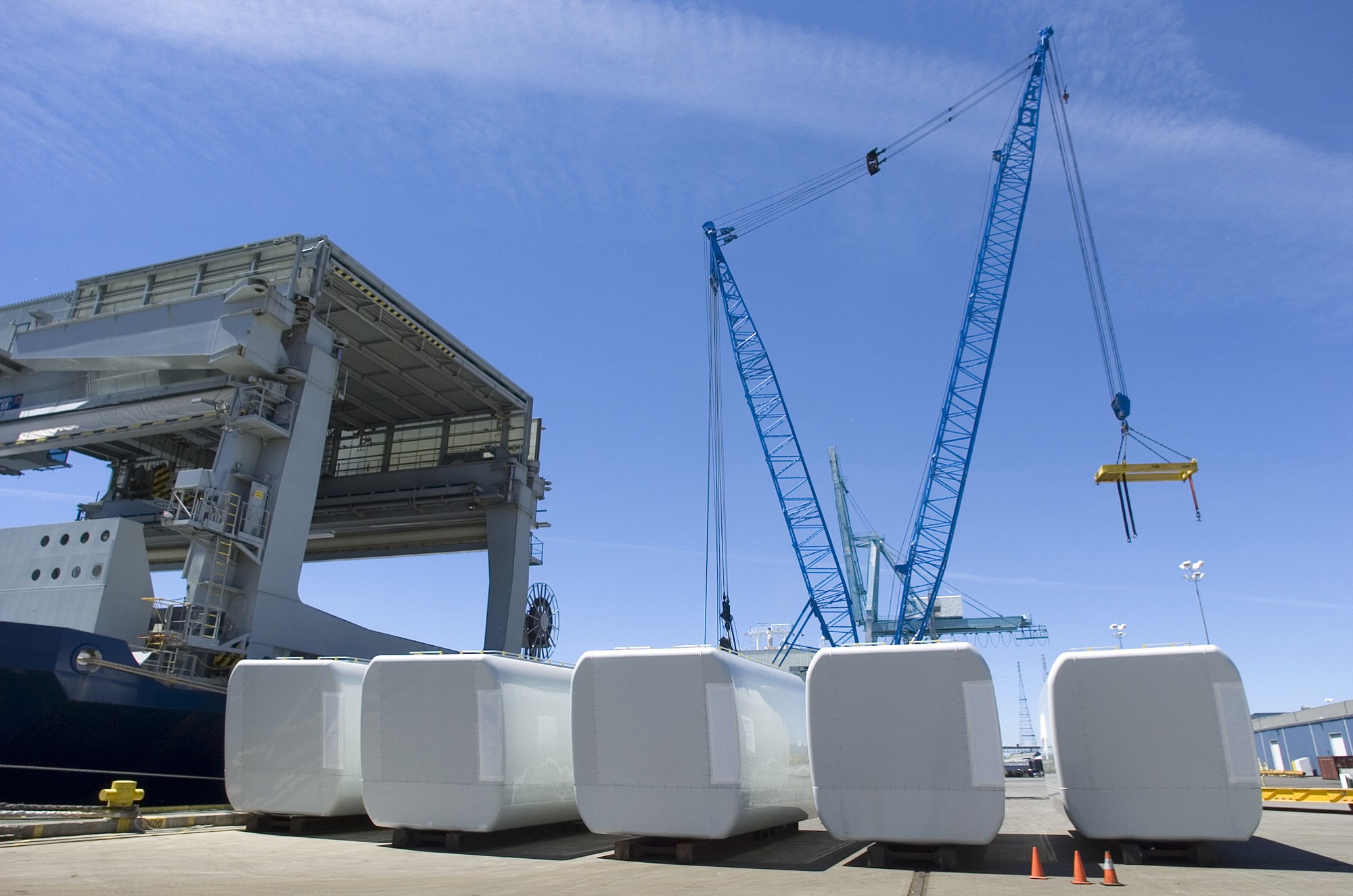If this year’s primary election is any indication, the days of drowsy politics at the Port of Vancouver are gone. That’s good for voters, who will choose from candidates with a wide range of backgrounds and thoughts about the port’s role in shaping the community’s future.
Seven candidates are running to succeed Commissioner Nancy Baker, who is not seeking re-election to a third, six-year term as the District 2 representative on the port’s three-member board. They are Nick Ande, Scott Dalesandro, Bob Durgan, Peter Harrison, Bill Hughes, Eric LaBrant and Lisa Ross.
For perspective, the last time a Port of Vancouver election featured a contested race was in November 2007, according to the Clark County Elections Department.
Not surprisingly, the port’s decision to approve a lease for what would be the nation’s largest rail-to-marine oil transfer terminal looms large in this year’s campaign. In responding to a questionnaire from The Columbian, several candidates either directly or indirectly raised the proposed oil-handling facility — which is undergoing a lengthy state-level environmental-impact analysis — as an issue. But the candidates also weighed in on other matters about a port that manages roughly 2,100 acres for industrial and marine development, and that handles everything from wheat and Subaru vehicles to wind-energy components and scrap metal.




